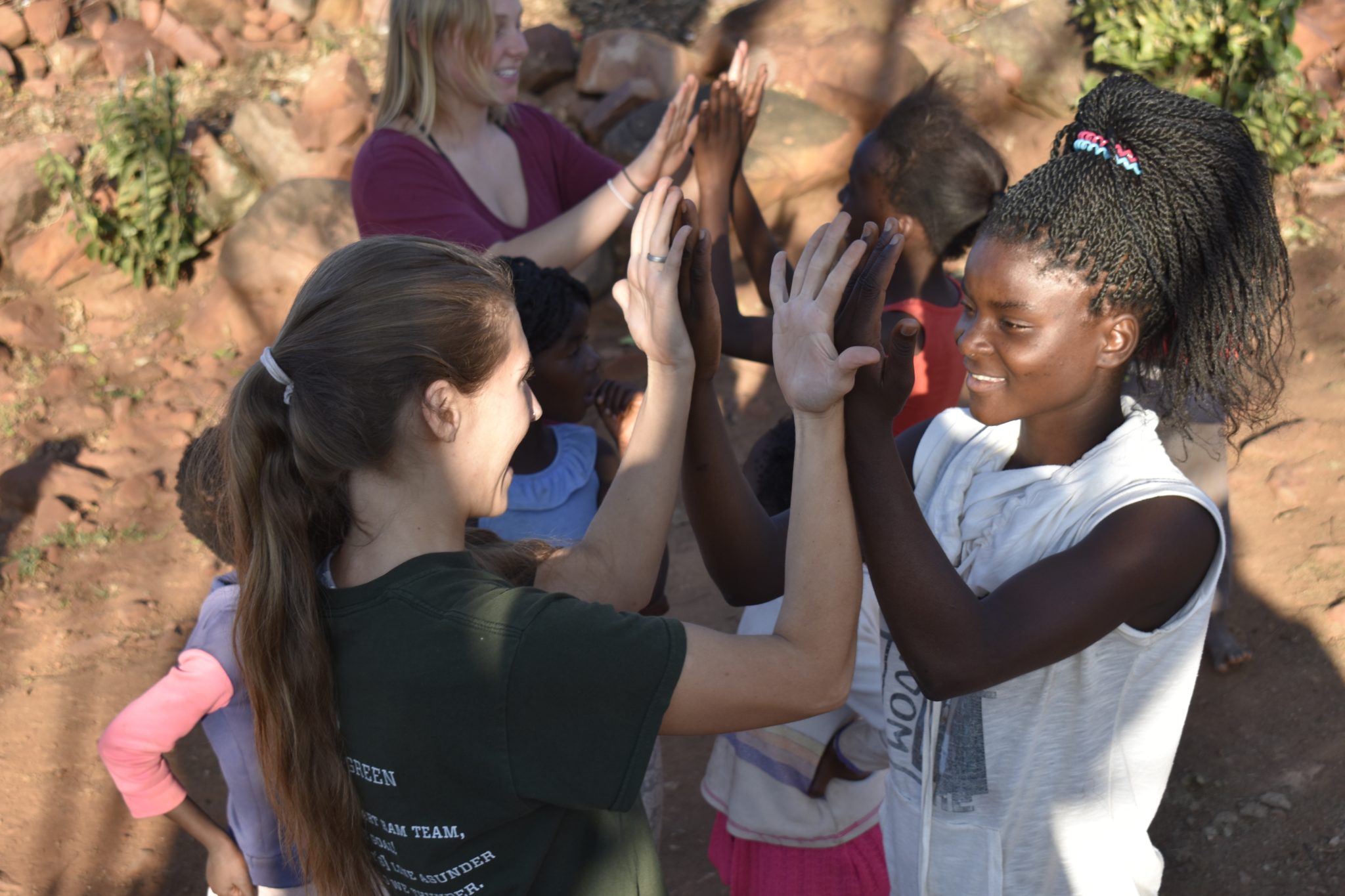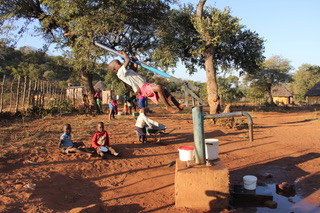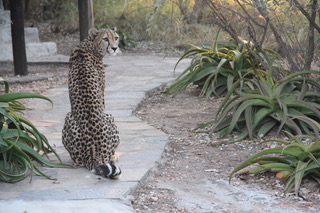
Study abroad program bridges gap between science and action
By Natalie Choules
Communities and Conservation is very far from your conventional study abroad program, and it certainly doesn’t end after your flight back to the States.
David Bunn and Melissa McHale prepare students for this experience from February through June before they embark on their three-week journey to South Africa. Bunn, a senior research scientist at the Natural Resource Ecology Laboratory, and McHale, an Associate Professor in Ecosystem Science and Sustainability, both in Warner College of Natural Resources, are passionate about social-ecological systems in South Africa and have spent decades building close relationships with the people that live in and around Kruger National Park. This allows them to help students conduct meaningful research.
“We want students to experience the balance between people and conservation, and co-create futures in which both biodiversity and humans can thrive,” said McHale.
Early applications are due Dec. 1 for the 2019 trip, while the 2018 cohort is busy putting their research to work by developing individual communications projects to extend their new knowledge to broad audiences through creative, multimedia pieces. Collectively, the group is starting a new nonprofit organization, called Pivotal Places.
Giving back

One of the major goals of the Communities and Conservation program is for students to use their new and diverse knowledge base to bridge the gap between research and development. The idea is for students to return to the U.S. with their new understanding of complex conservation challenges, and use their resources at Colorado State University to give something back to the South African communities they had been learning from in the field.
“This experience taught me to ask questions about everything; be curious,” said Natalie Miller. “It also taught me not to take my access to resources like water for granted. I will carry these lessons with me everywhere I go from now on.”
Pivotal Places encourages students to contribute their individual talents and passions to the greater mission through small-team work within the larger scope. For example, the Start-Up Team is focused on developing the organization’s mission and putting together the governing board.
Inside the trip
Kruger National Park is major game reserve that covers 7,000 square miles. The students explore the social, economic, and ecological issues that affect the 2 million people who live on the border of the park. They concentrate on water security, utilization of natural resources, and conflicts that occur between people and local wildlife.
“The most valuable thing I learned is that to help people I have to interact with them on a personal level and truly understand what they are going through not the superficial problems that we see in the

news,” said Daniel Dominguez, a watershed science student. “The connections between their social, economic, and ecological issues need to be addressed, and more often than not we are imposing a solution from the first-world without acknowledging these connections.”
While there, the students make the effort to experience the land and its people as authentically as possible. Students stay with host families for part of their trip and work with a variety of local communities building new solutions to complex land management and conservation problems. The students do research in locations that aren’t usually open to the public, giving them the opportunity to learn as much as possible about post-apartheid South Africa.
“You will make connections, be challenged, feel rewarded, and make friends,” said Marissa Nelson, a Human Dimensions and Natural Resources student. “Studying abroad will expand your mind, your heart, and your ability to learn in beautiful ways.”
Dr. McHale, Dr. Bunn and the Communities and Conservation students invite you to hear their stories of impact and participate in a discussion at 3 p.m. on December 4 in the Michael Smith Natural Resources Building room 345.